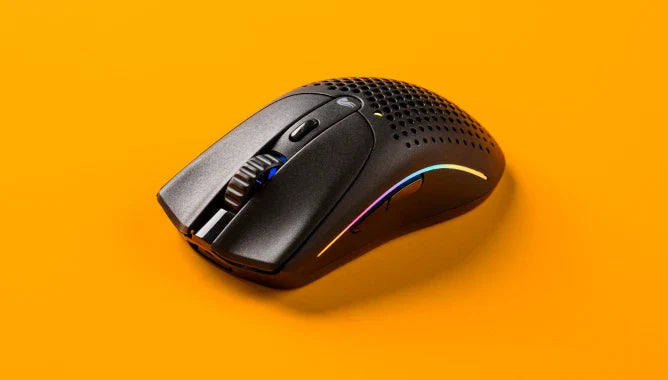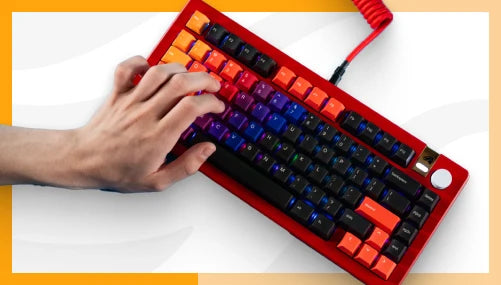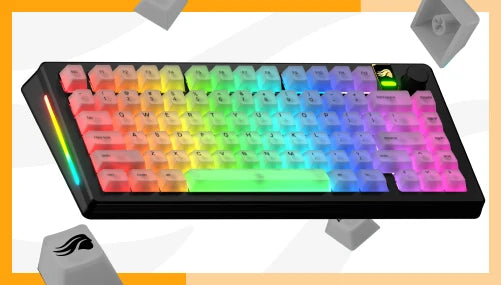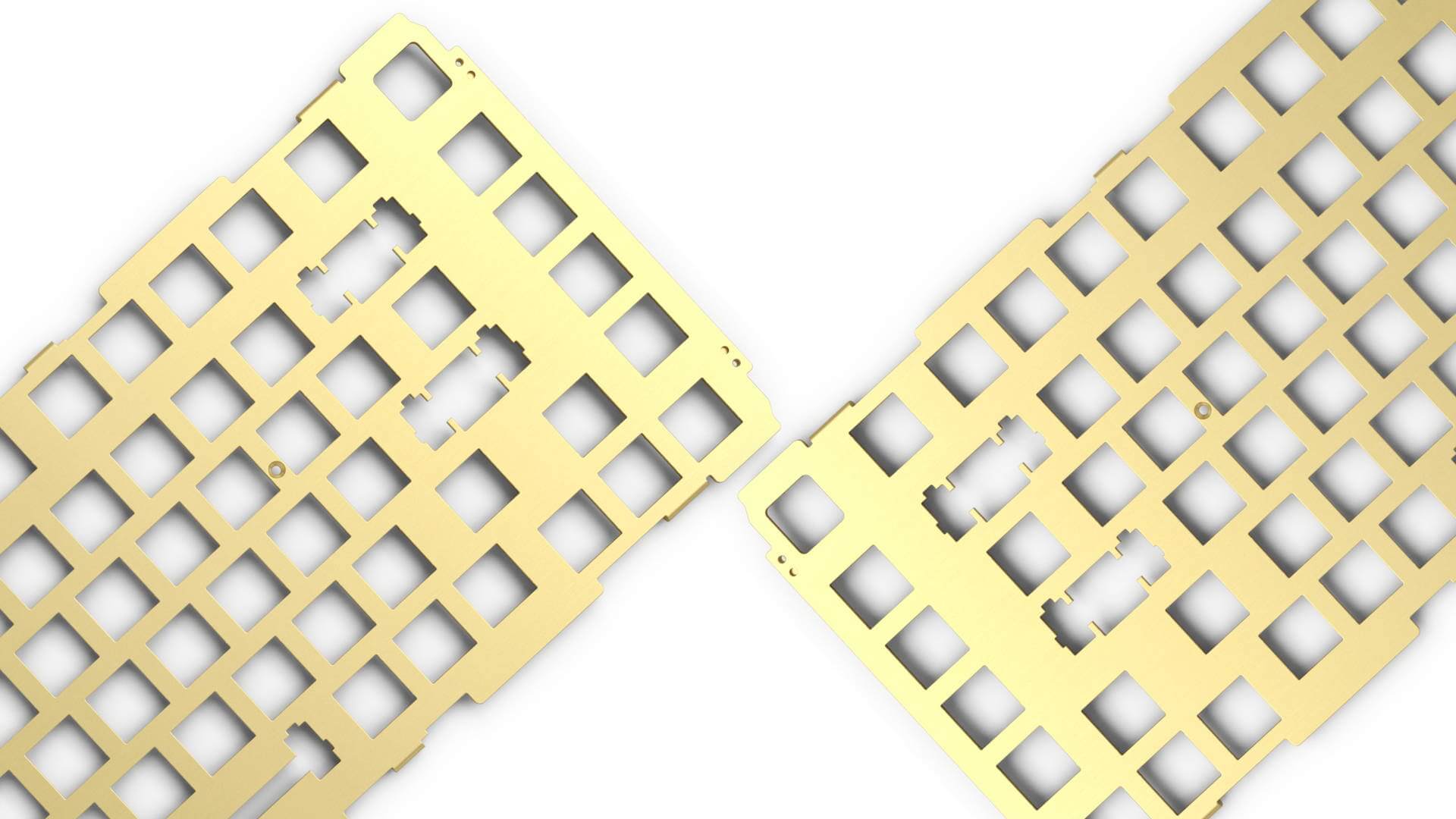Looking to upgrade your mechanical keyboard's plate, huh? Well, you've come to the right place. Brass, an alloy of copper and zinc, is an excellent plate material aesthetically and functionally, adding a touch of class to any keyboard build. But how will a brass plate affect my typing experience? This article will break down the benefits of brass and whether it's a good fit for your keyboard needs!
The instant you pick up a brass plate, you will instantly notice its heftier weight. Compared to alternatives like polycarbonate, aluminum, and carbon fiber, brass is incredibly dense and substantial. Once installed, you will feel a noticeable difference in your mechanical keyboard's overall weight. Some users prefer this as it gives your board a more premium feel and keeps it anchored to the desk. Pairing a brass plate with a polycarbonate board may be a good choice if you lack a deskmat and you find your keyboard sliding across the desk during intense gaming sessions.
With brass's added weight comes increased rigidity compared to other plate materials. Transitioning from an aluminum plate, you will feel a notably less flexible typing surface. Some users have claimed that this firmer experience is well-suited for linear switches as it gives a solid and satisfying bottom out. Inversely, tactile switches tend to pair better with softer materials like polycarbonate that accentuate their bump. However, this all comes down to the user's personal preference and the difference in their desired switch of choice.



